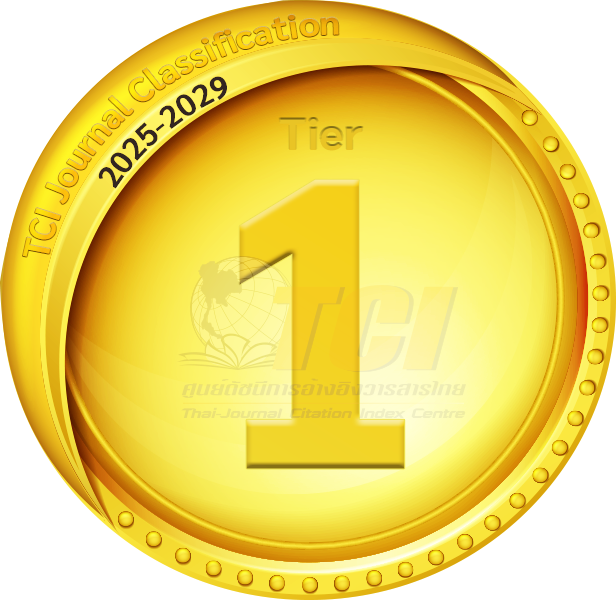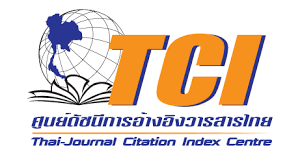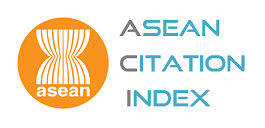Time Management, Learning Motivation and Academic Performance of Dentistry Students
- Niña Fatimah D. Borbon, College of Dentistry, Lyceum of the Philippines University, Batangas, Philippines, E-mail: ndborbon@lpubatangas.edu.ph
Abstract
This study aimed to identify the time management skills and learning motivation of the dental clinicians that may impact their academic performance, and test significant difference on time management and learning motivation between the junior and senior clinicians. The research also explored whether there is significant relationship between time management, learning motivation and academic performance of the dental clinicians and proposed action plans based on the findings. Data were gathered using a standardized questionnaire that assessed time management skills which was divided into three components such as task prioritization, task listing and task scheduling; and the learning motivation of the students, adapted from motivated strategies for learning questionnaire from University of Michigan, in terms of value, expectancy and affective components. Sixty-seven dental clinicians of Doctor of Dental Medicine participated and consented the evaluation of their previous semester’s General Weighted Average (GWA) in the professional subjects to assess their academic performance. The findings revealed that task prioritization is the dominant time management skill among junior and senior dental clinicians. Value is the highest learning motivation among the junior and senior dental clinicians. Furthermore, majority of the respondents have GWA of 2.00-2.49. Third year students have greater learning motivation in terms of value. There was no significant relationship exists between GWA, time management skills and learning motivation, implying that the students’ GWA was not affected by their time management and their level of motivation. Proposed action plans may also be considered by the college of dentistry to help look at possible means to provide quality education that will address the current problems in student’s self-regulated learning, enhance teaching strategies in motivating the students to be competent in using their time in studying and finishing their requirements.
Keywords: academic performance, time management, learning motivation, value, expectancy and affective component
DOI: 10.14456/rjsh.2021.8
References
Almajed, A., Skinner, V., Peterson, R., & Winning, T. (2016). Collaborative learning: Students’ perspectives on how learning happens. Interdisciplinary Journal of Problem-Based Learning, 10(2). DOI: 10.7771/1541-5015.1601
Basila, C. (2014). Good time management and motivation level predict student academic success in college on-line courses. International Journal of Cyber Behavior, Psychology and Learning (IJCBPL), 4(3), 45-52. DOI: 10.4018/ijcbpl.2014070104
Dembo, M. H. (2013). Motivation and learning strategies for college success: A self-management approach. London, UK: Routledge.
Duncan, T., Pintrich, P., Smith, D., & Mckeachie, W. (2015). Motivated strategies for learning questionnaire (MSLQ) manual. National Center for Research to Improve Postsecondary Teaching and Learning, 10.13140/RG, 2(2547.6968).
Foasberg, N. M. (2014). Student reading practices in print and electronic media. College & Research Libraries, 75(5), 705-723.
Friedman, M. C. (2014). Notes on note-taking: Review of research and insights for students and instructors. Harvard Initiative for Learning and Teaching. Retrieve from https://cpb-us-w2.wpmucdn.com/u.osu.edu/dist/c/15148/files/2017/03/Notes-on-Note-Taking-qrs2kq.pdf
Harackiewicz, J. M., Smith, J. L., & Priniski, S. J. (2016). Interest matters: The importance of promoting interest in education. Policy insights from the behavioral and brain sciences, 3(2), 220-227.
Kaushar, M. (2013). Study of impact of time management on academic performance of college students. Journal of Business and Management, 9(6), 59-60. DOI: 10.9790/487X-0965960
Khalaila, R. (2015). The relationship between academic self-concept, intrinsic motivation, test anxiety, and academic achievement among nursing students: Mediating and moderating effects. Nurse Education Today, 35(3), 432–438. DOI: 10.1016/j.nedt.2014.11.001
Lawrence, K. (2015). Today’s college students: Skimmers, scanners and efficiency-seekers. Information Services & Use, 35(1-2), 89-93. 10.3233/ISU-150765
Lacorte, J., Añonuevo, M., Guan, C., Mendoza, L. & Pateña, A. (2017). Relationship of Time Management and Academic Performance of Dentistry Students of Lyceum of the Philippines University – Batangas. 4th National Research Conference on Arts, Science and Health, Naga City, Philippines
McCoach, D. B., & Flake, J. K. (2018). The role of motivation. In S. I. Pfeiffer, E. Shaunessy-Dedrick, & M. Foley-Nicpon (Ed.). APA handbook of giftedness and talent (pp. 201-213). Washington DC, US: American Psychological Association.
Mega, C., Ronconi, L., & De Beni, R. (2014). What makes a good student? How emotions, self-regulated learning, and motivation contribute to academic achievement. Journal of educational psychology, 106(1), 121-131.
Richardson, M., Abraham, C., & Bond, R. (2012). Psychological correlates of university students’ academic performance: A systematic review and meta-analysis. Psychological Bulletin, 138(2), 353–387.
Robbins, S. B., Lauver, K., Le, H., Davis, D., Langley, R., & Carlstrom, A. (2004). Do psychosocial and study skill factors predict college outcomes? A meta-analysis. Psychological bulletin, 130(2), 261.
Santandreu, J., & Shurden, M. C. (2017). Tablets Vs. Smart Phones: The Battle of the Century. Journal of Marketing Development and Competitiveness, 11(4), 28-33.
Scent, C. L., & Boes, S. R. (2014). Acceptance and Commitment Training: A Brief Intervention to Reduce Procrastination Among College Students. Journal of College Student Psychotherapy, 28(2), 144–156.
Shapiro, A. L. (2014). Test anxiety among nursing students: A systematic review. Teaching and learning in Nursing, 9(4), 193-202.
Shields, P. M., & Rangarajan, N. (2013). A playbook for research methods: Integrating conceptual frameworks and project management. Oklahoma, US: New Forums Press.
Stacey, D. G., & Kurunathan, T. M. (2015). Noncognitive indicators as critical predictors of students’ performance in dental school. Journal of dental education, 79(12), 1402-1410.
Stankov, L., Morony, S., & Lee, Y. P. (2014). Confidence: the best non-cognitive predictor of academic achievement? Educational Psychology, 34(1), 9-28.
Taylor, R. (2012). Review of the motivated strategies for learning questionnaire (MSLQ) using reliability generalization techniques to assess scale reliability. Education Foundation, Leadership, and Technology (Doctoral dissertation). Education Foundation, Leadership, and Technology. Auburn university. US.
Wayne State University. (2014). University Advising Center. Retrieved form http://advising.wayne.edu/hndbk/time.php
Yik, N. C., Yi, L. X., Somadam, S. T. N., Amirudin, A. E. B., & Ananthan, S. (2018). Effect of Highlighting Text on Concentration, Memory and Attention Among Undergraduate Medical Students: A Randomized Controlled Trial. American Journal of Educational Science, 4(4), 149-158.
York, T. T., Gibson, C., & Rankin, S. (2015). Defining and measuring academic success. Practical assessment, research, and evaluation, 20(1), 1-20.

Indexed in


Search